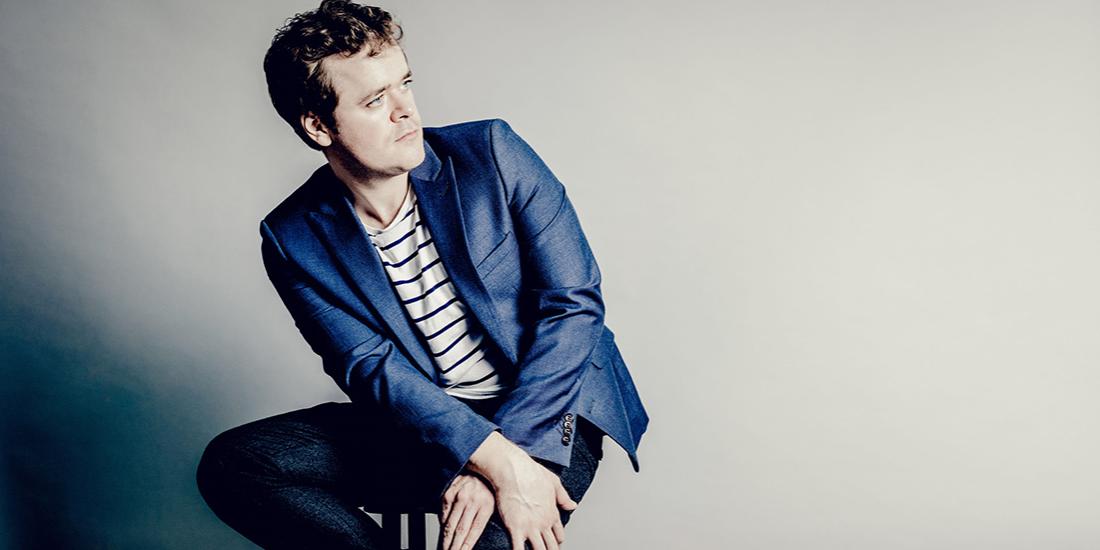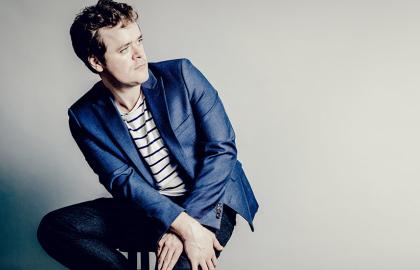What is it that connects you so closely to the work of Franz Liszt?
Liszt was my grandfather's favourite composer, and I grew up listening to his music often. His work is so varied... He was both a master of piano technique and a master of piano writing, a feverishly productive musician and a hugely generous man who was not content to remain artistically trapped in one area. He never stopped exploring other areas during his life as a composer.
Why is there a before and after Liszt in the history of the piano? In what way is he a gamechanger?
He was responsible for the emergence of the piano recital as a concert experience, as well as the habit of playing works by heart. In his compositions for piano, he significantly expanded the instrument's possibilities, helped by his own extraordinary technical skills. Rachmaninov, Ravel and many other composers were inspired by his example to find their own way in writing for the piano.
How does the Second Concerto, which you will perform with the OPRL, differ from the First?
In the Second Concerto, the soloist is more integrated into the orchestra and his role is more varied. Virtuoso episodes and cadences are alternated with passages resembling chamber music, especially the wonderful passage in which the piano accompanying a famous cello solo at the heart of the central slow movement.
What is your connection with historical pianos? Do you feel the need to play on period instruments?
It is always fascinating to play on historical instruments and hear the sounds that the composers themselves heard, but I must admit that I don't often have the opportunity to dedicate myself to historical instruments of an exceptional level. Ultimately, when you play on a modern instrument, you are making a kind of transcription, and you have to make use of all the expressive possibilities this instrument offers.
You are also keen on contemporary music. Which contemporary composers do you prefer to play?
I am indeed playing more and more contemporary music.... Recently I have programmed works by Sofia Goubaidoulina and this season I am playing a number of works by Australian composer Brett Dean, including a work I commissioned from him with the help of various concert halls around the world, entitled Hommage à Liszt (Faustian Pact).
How do you feel about the need (or difficulty) of bringing a fresh approach to works that have been performed for centuries?
I don't think we should make new approaches a goal, because that could lead to doing things differently simply for the sake of doing them differently! It is better to do what you really think is best for the music, and that is the approach I have always taken. Of course, it's great to often get compliments for bringing something new to a piece of music, but I wouldn't say that's my ultimate objective!
How do you spend your time besides playing the piano?
Reading, walking outdoors, running, swimming, listening to podcasts, going to concerts, watching television, going to the cinema, being with family and friends... And keeping up with the mail!
Interview by Stéphane Dado and Éric Mairlot (OPRL)

